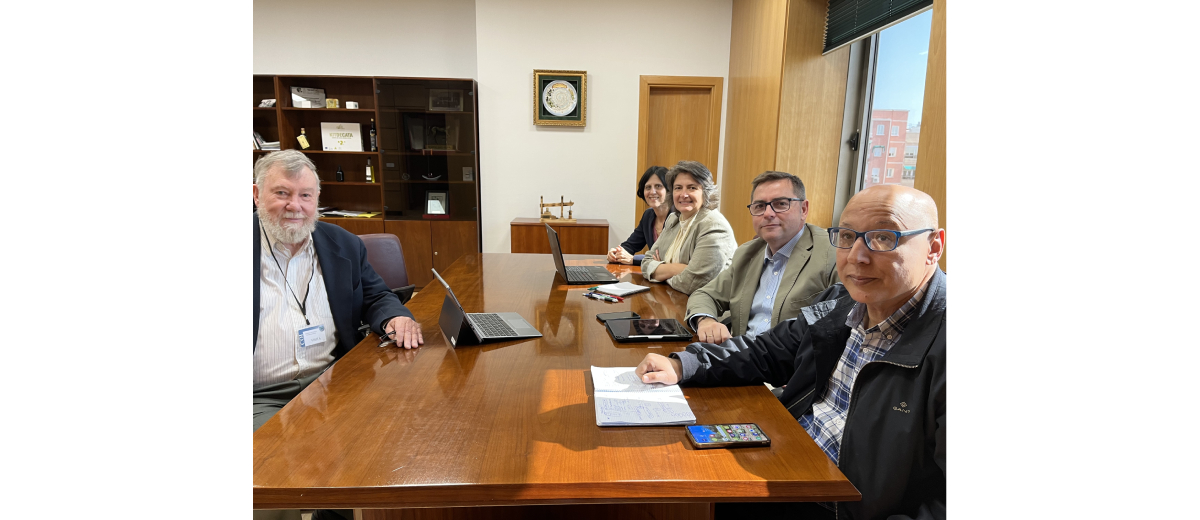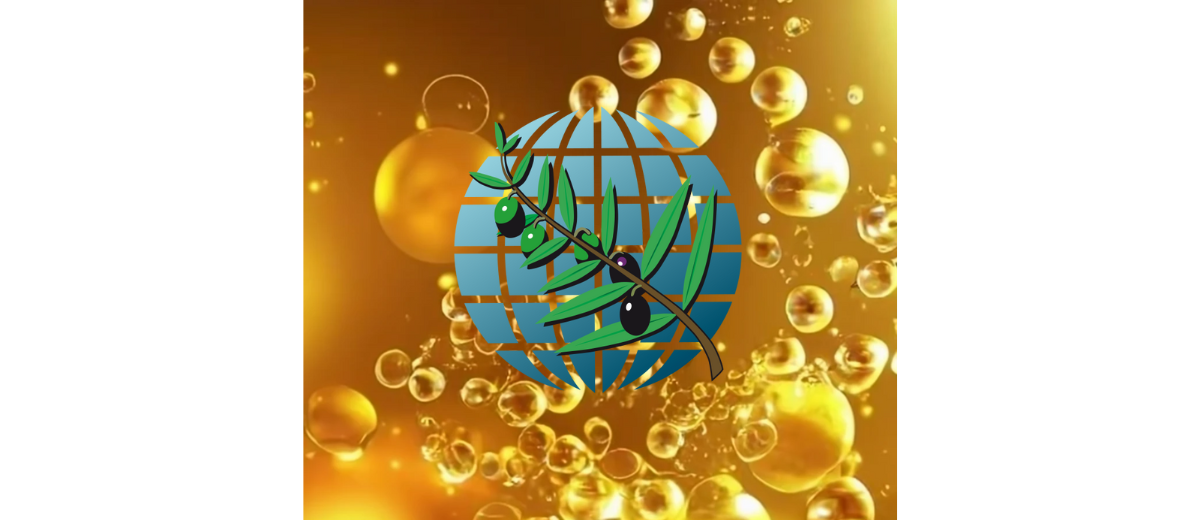Prof. Robert Spooner-Hart, a researcher at Western Sydney University and a member of the Australian Olive Association, was received at the headquarters of the International Olive Council (IOC) on 19 May 2023 by María Juarez (Head ad interim of the Economics and Promotion Unit), Lhassane Sikaoui (Head of the Olive Growing, Olive Oil Technology and Environment Unit), Catarina Bairrao (Head of the Technical Cooperation and Training Department) and Juan Antonio Polo (Head of the Olive Oil Technology and Environment Department).
The Australian Olive Association is a not-for-profit organisation representing over 85% of the country’s olive industry and all of its stakeholders (growers, oil mills, olive service providers, scientists, etc.). It is the main advisory body to the government and the industry on research activities.
The Australian Olive Association’s activities include the sector’s strategic management, the establishment of a biosecurity plan for the sector, the promotion of Australian olive oil and table olives, the implementation of research, development and innovation projects, etc.
Prof. Spooner-Hart gave a lengthy description of the olive oil and table olive sector in Australia, pointing out that olive growing covers an area of 33,000 ha. According to the IOC’s data, Australia produces 23 million kg of olive oil a year, mainly extra virgin olive oil, and 3,500 tonnes of table olives. Australia imports 40 million litres of olive oil and 17,000 tonnes of table olives. Annual consumption per capita is 2.4 litres of olive oil and 0.8 kg of olives.
The IOC representatives explained the lines of work of their units and referred in particular to the promotional activities carried out by the IOC in Australia over the last few months.
IOC officials thanked Prof. Spooner-Hart for his visit to the headquarters and for the wealth of information of interest that he provided on the occasion. They encouraged him to participate in all activities of interest to him, extending this invitation to the Australian Olive Association, which they identified as a key stakeholder in Australia.










